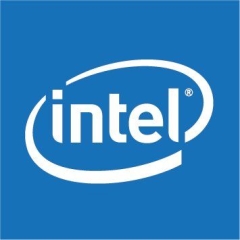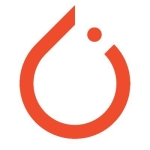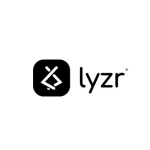
OpenVINO Primary Use Case
I used OpenVINO for almost three years, starting in 2020. My initial use case involved attempting to connect or run models using quantization within cameras as edge devices instead of processing all input frames on a server. This was aimed at performing surveillance analysis within the home, like fire detection or human fall detection.
View full review »
JH
Juan Huertas
Senior Data Scientist /Ai Engineer
I use it in a project specifically with the models from Microsoft. These models, one was Florence-2, which is a model specialized in multiple computer vision tasks. The other was Microsoft Phi, which is a generative AI model for generative AI, also from Microsoft. Both of them were used for testing, not for this project. I also have a blog on YouTube where I do many experiments with different toolkits, and I tested it with other non-commercial models as well. For this specific project, I used it with two models from Microsoft. The idea was to run the models in Florence-2 and Microsoft Phi-3 in CPU for two specific use cases.
View full review »DS
Dmitrii Sergeichuk
Computer Vision Engineer at a tech vendor with 51-200 employees
I am a computer vision developer who uses OpenVINO to build video analytics systems for commercial purposes.
View full review »
Buyer's Guide
OpenVINO
January 2026
Learn what your peers think about OpenVINO. Get advice and tips from experienced pros sharing their opinions. Updated: January 2026.
882,160 professionals have used our research since 2012.
IJ
Igor Jovicic
Embedded & Robotics Software Developer at a tech services company with 1-10 employees
I wanted to use OpenVINO for my Raspberry Pi to analyze my sleep with a night vision camera and to improve GPU performance on my Raspberry Pi.
I would have used OpenVINO's Model Optimizer feature to optimize the model for night vision to track body patterns, such as movement during sleep.
Unfortunately, I haven't implemented it yet, but I hope to utilize OpenVINO's capability to optimize neural network models from popular frameworks such as TensorFlow or PyTorch soon.
View full review »We currently make technology that uses the Intel VPU, the Movidius chipset. We run OpenVINO on it.
It's for Edge IoT. We make the hardware and we cater to customers who are looking for Edge IoT solutions, and the product is really for edge processing or video co-processing for machine vision. We distribute that data on the customer's network using our Edge solution, which is based on DDS, distributed data system. Basically, we use it for machine vision applications.
View full review »ZM
Zafar Muhammed
Machine Learning Software Developer at a non-tech company with self employed
I created a retail recognition custom model — a model on RPX 2017. Afterward, I transferred it to OpenVINO for object detection and retail detection.
We have a team of three people who use OpenVINO.
View full review »CR
ChristianRivera
Freelance Engineer at a tech services company with 51-200 employees
OpenVINO is good for budgets because you don't have a computer vision model for classification for object detection obligations. You can run it on a server with Azure but it can be costly. Sometimes the application has to be on heavy dedicated hardware, like a small computer. In this case, machine learning applications are not so good because they demand a lot of computer resources and a lot of CPU resources are not so fast. In terms of accuracy and speed trade-off performance, you have to sacrifice a bit of accuracy in your inference in order to get better speed. When you deploy models with the OpenVINO format into devices like PC boards, it's a great tool. The online testing platform that Intel has for OpenVINO is really nice.
It's sort of like a sandbox environment. You want to test what kind of hardware is available. You can test it and watch what works better in talking about the preference. Later you can decide based on the budget.
View full review »Buyer's Guide
OpenVINO
January 2026
Learn what your peers think about OpenVINO. Get advice and tips from experienced pros sharing their opinions. Updated: January 2026.
882,160 professionals have used our research since 2012.









